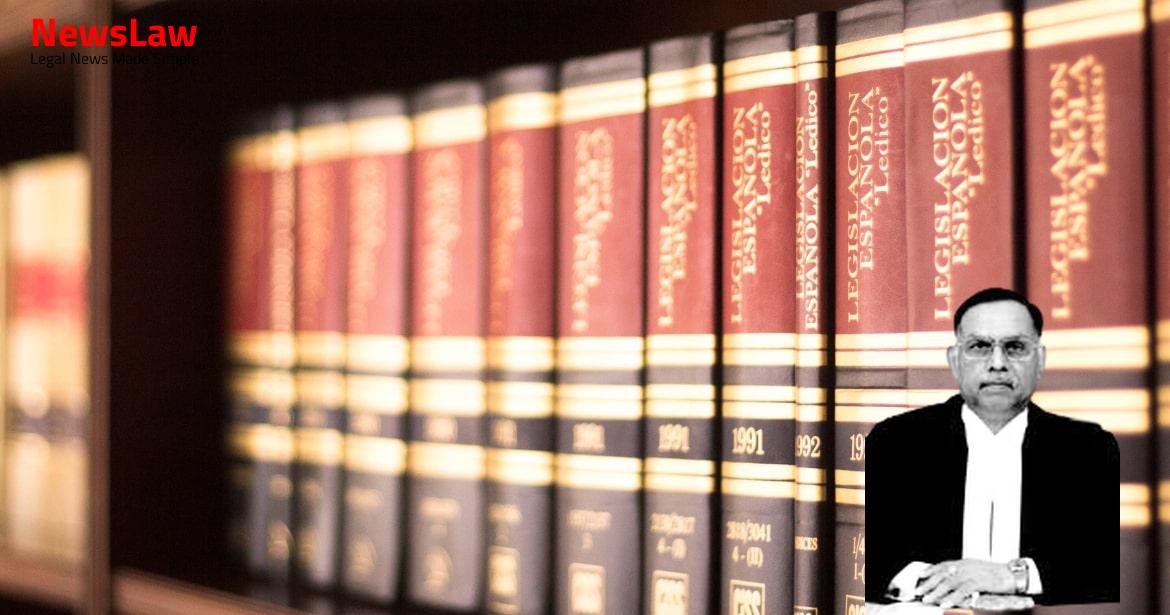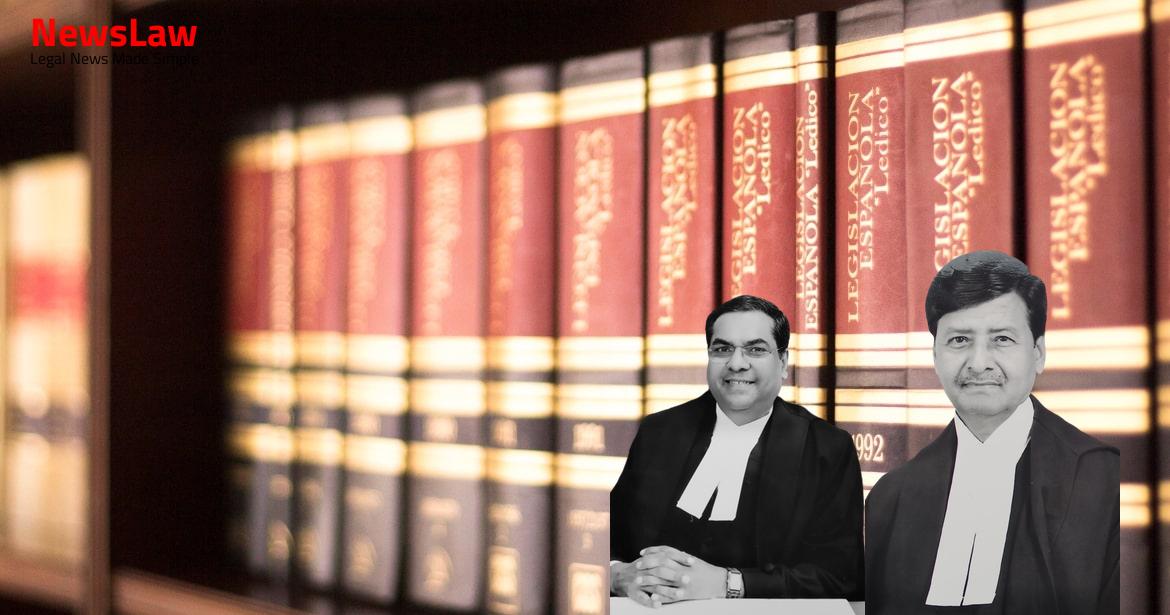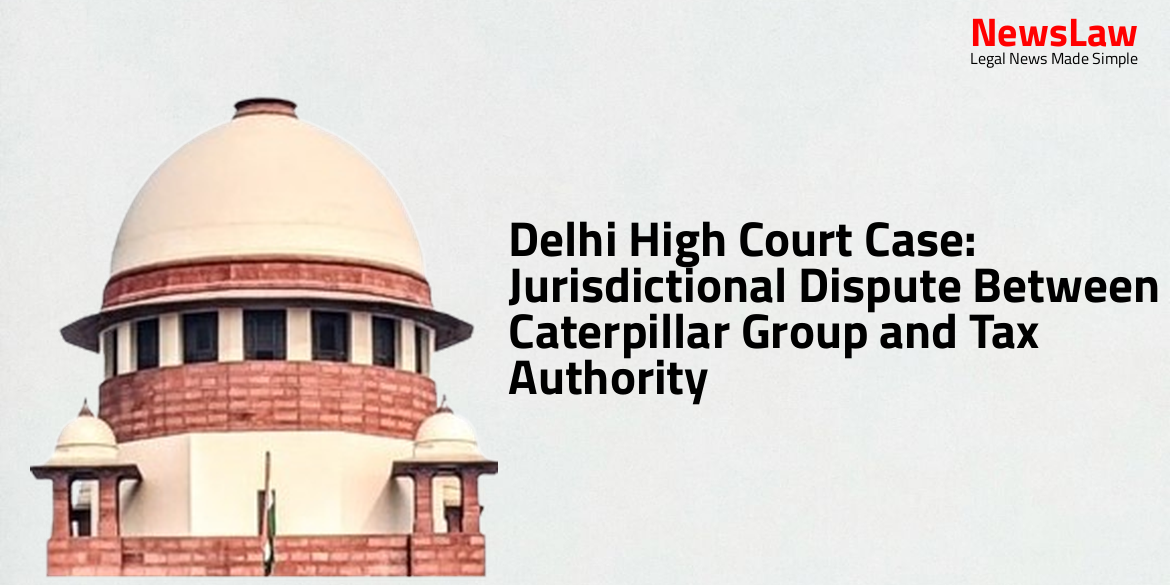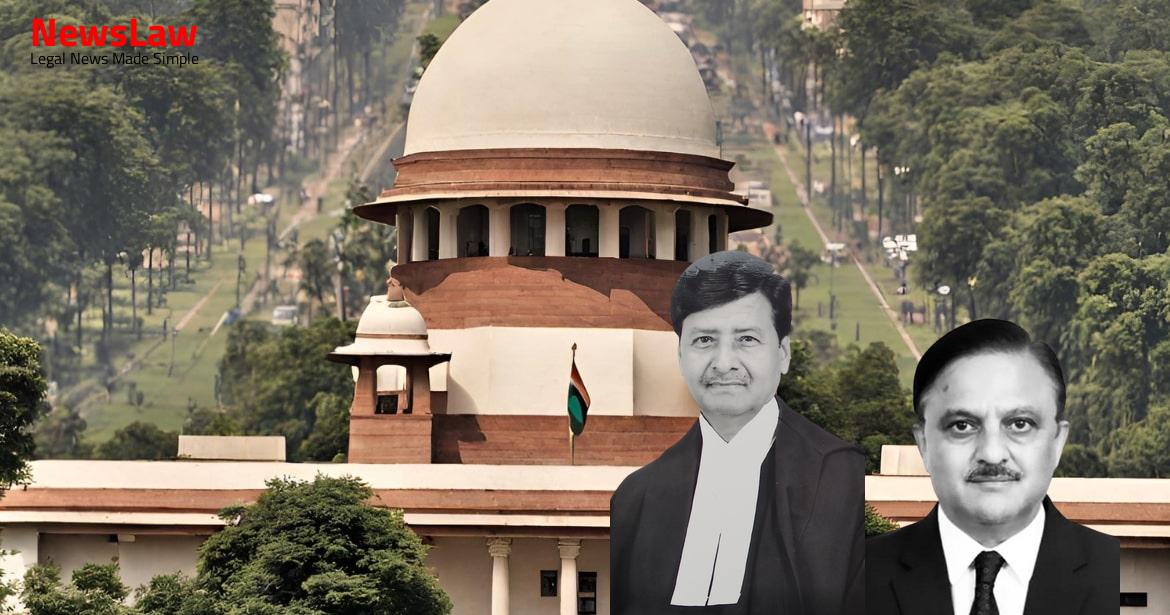Explore the recent legal case focusing on the court’s extensive analysis regarding the authenticity of a conversation transcript and the subsequent need for a judicial enquiry. Delve into the complexities of ensuring a fair process while upholding the principles of natural justice within the legal system.
Facts
- Respondent No.1 to implement guidelines effectively to prevent the spread of Covid-19
- Direct Respondent No.4 to follow guidelines and state machinery to prevent pandemic spread
- Direct Respondent No.3 to follow guidelines of Respondent No.1, 4, and Apex Court
- Direct Respondent No.4 to declare premises as Red Zone/containment Zone
- Enquiry to be conducted into incidents leading to the death of Registrar General and Covid-19 cases
- Impose strict curfew for at least 2 weeks with necessary measures to prevent pandemic spread
- The High Court directed an enquiry to determine the authenticity and third-party interest behind a conversation.
- The enquiry’s scope is limited to verifying the conversation’s genuineness and any hidden interests.
- The outcome of the enquiry will impact only the allegations in Paragraph No. 13 of the preliminary counter.
- The Registrar was instructed to duplicate the records and send a copy to Justice R.V. Raveendran.
- Justice Raveendran was requested to submit a report on the authenticity of the conversation, participants, and any undisclosed interests.
Also Read: Revisiting Reservation Limits: Upholding Equality
Arguments
- Justice V. Eswaraiah was not given a notice by the High Court before the order was passed, indicating a violation of principles of natural justice.
- He admitted to a conversation with the suspended District Munsif Magistrate of Andhra Pradesh, Mr. S. Ramakrishna, on 20.07.2020.
- The conversation between Justice V. Eswaraiah and Mr. Ramakrishna dated 20.07.2020 was transcribed and filed as Annexure P16.
- There is a dispute regarding the English transcription of the audio conversation as filed by Mr. Ramakrishna before the High Court.
- Justice V. Eswaraiah filed an affidavit regarding the conversation on 20.07.2020 following the court’s order.
- The affidavit acknowledges the complaint submitted by Justice V. Eswaraiah to the President of India with similar allegations against the Chief Justice.
- It is mentioned that Justice V. Eswaraiah obtained a post-retirement office and had certain intentions post-retirement.
- The affidavit asserts that the incumbent Government is running a propaganda against the judiciary to divert attention from its own failures.
- Retired judges like Justice V. Eswaraiah are being used by the Government to further their agenda.
- Certain organizations manipulated by vested interests are filing writ petitions to undermine the judiciary’s integrity and credibility.
- The High Court’s order for an inquiry into the transcript dated 20.07.2020 was issued without giving the petitioner a fair opportunity.
- As the petitioner admits the transcripts (Annexure P-16 pages 134-154), there is no necessity for an inquiry by Justice R.V. Raveendran as requested by the High Court.
Also Read: Judicial Review on Conviction and Sentencing in Traffic Accident Case
Analysis
- The High Court directed an enquiry into the authenticity of the conversation in the transcript stored in a pen drive.
- Petitioner admitted the conversation dated 20.07.2020 and filed a corrected transcript as Annexure P16.
- The authenticity and genuineness of the transcript in Annexure P-16 have been admitted.
- Due to the admission of the transcript in Annexure P-16, continuation of the enquiry directed by Justice R.V. Raveendran from the High Court is unnecessary.
- Intervenors filed two applications and one application to be permitted to intervene in the matter.
- Considering the proposed order in the special leave petition, intervention applications are not necessary.
- The High Court noted that the enquiry will only impact the allegations made in paragraph 13 of the preliminary counter affidavit in the main writ petition.
- The High Court closed the hearing on the preliminary objection regarding the maintainability of the PIL on 31.07.2020.
- When I.A. Nos. 7 and 8 of 2020 were filed to reopen the writ petition, the High Court’s focus was solely on the maintainability of the writ petition.
- The High Court was of the opinion that it should not have delved into any other investigation in the matter apart from assessing the maintainability of the PIL initiated by the writ petitioner.
- The conversation dated 20.07.2020 filed before the High Court and the requested enquiry report were done only for the purpose of determining the maintainability of the PIL.
Also Read: Analysis of Compromise Decree Validity in Property Dispute Case
Decision
- The High Court must give an opportunity to the petitioner, Justice V. Eswaraiah, before referring to the transcript filed by the petitioner himself.
- The Supreme Court has not issued notice in the special leave petition and has not delved into the merits of the writ petition.
- The Supreme Court has not expressed any opinion on the maintainability of the Writ Petition PIL No.168 of 2020.
- The decision on the writ petition, including the maintainability of the PIL, is to be made by the High Court after hearing arguments.
Case Title: JUSTICE V. ESWARAIAH (RETD.) Vs. UNION OF INDIA (2021 INSC 248)
Case Number: SLP(C) No.-006100-006100 / 2021



